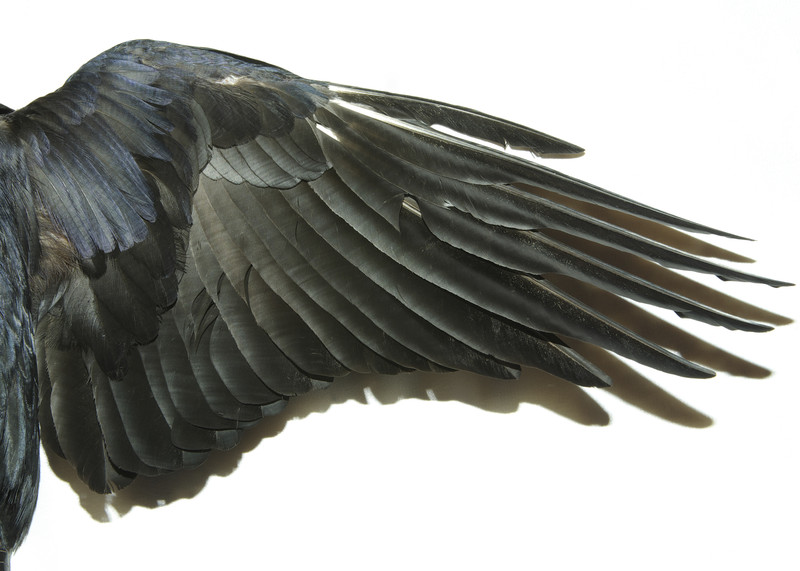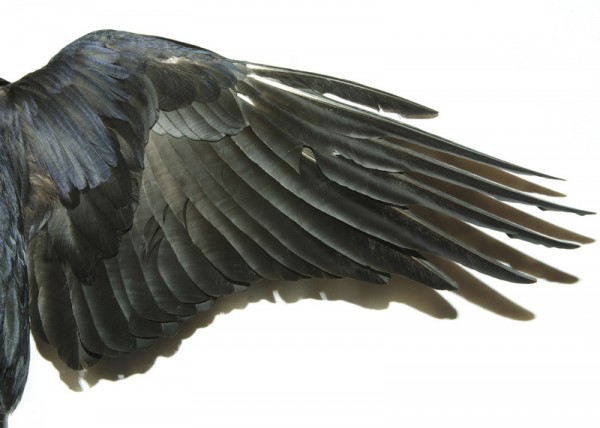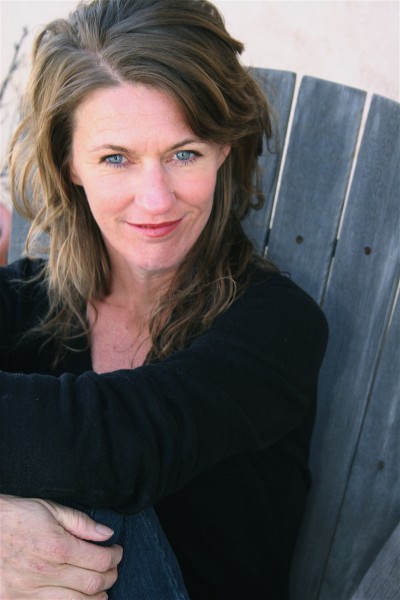
25 Nov Poets’ Corner: Fowl Play
Literary Burlesque, an evening of baring it all in word (for sure) and deed (almost, which makes it all more sensual), has become the highlight of the Telluride Literary Arts Festival. And from the get-go, one of the stars of the all-star show (and an event co-founder) has been writer/poet extraordinaire Amy Irvine McHarg. In case you’ve been living under a rock, Thanksgiving is this Thursday, the holiday famous for bringing together relatives you haven’t seen for years and conversations that take show-stopping turns towards religion, politics, or even worse, your love life. And with vegans and vegetarians in the mix, even the turkey, the traditional centerpiece of the holiday table, is not a neutral topic. Turkey is not a neutral topic for Amy, who writes about one particular Thanksgiving when the whole notion of murder most fowl took on a whole new meaning, very different (though not less heartfelt) from the feelings those words express in Act 1. Scene V, of the Bard’s “Hamlet.”
On a warm and vivid morning in September, my father brought home three domestic ducks—a pair of mallards and a pure white one with an egg yolk-colored beak. He had heard on the radio that Liberty Park was giving them away to good homes, as the pond had been drained for renovations, and would not be refilled until the next summer. He explained how, unlike the wild birds he shot for our dinner table, out in the marshes of the Great Salt Lake, these all had clipped wings.
My father set the dog kennel that had transported the ducks on the linoleum floor of the kitchen, and out they waddled, one at a time. The mallard couple shuffled around the kitchen, shoulder to shoulder, while the white one walked right up to the rubber toes of my red Keds, and with a tilted head, stared me down. I made kissing noises, and offered up handfuls of Cheerios to win them over. It wasn’t difficult, as the Park’s resident waterfowl been hand-fed by many a visitor, small self included.
I spent the rest of the afternoon dressing the ducks in doll clothes. I even managed to add a bonnet and bib to the white one’s ensemble. Baby blankets and dishtowels were fashioned into beds beneath the dining room table. Dog leashes were strapped to their necks so I could parade them one at a time, down the driveway, for all the neighborhood to see. And after I got to know them a bit, they were bestowed with names—although given their fate, my mind has since chosen to delete those proper nouns from memory.
Early evening, I hurried inside after my piano lesson, eager to check on my wards, but they were nowhere to be seen. That’s when I found my father in the kitchen, dressing the birds in a whole new way. Meaning they had been disrobed, beheaded, plucked and gutted. He was in the process of stuffing the cavities of their naked, pimpled bodies with bits of garlic, onion and bacon. As he did this, he hummed Ode to Joy.
I flew at him in a rage. He stepped back, thrusting at me the carcass he held, as if it could shield him from his now-feral daughter. He looked around for my mother, to play intermediary, but the growl of the vacuum downstairs meant she wouldn’t resurface for hours—not until every mote of dust and crumb had been sucked off every surface. He sighed with resignation.
“I thought duck was your favorite meat,” he said.
I didn’t speak to my father for a month, and during that time, I refused to eat any animal flesh—not even the rainbow trout he caught in Mill Creek and presented to me like most fathers would present to their daughters a box of chocolates. I finally broke my silence on Thanksgiving Day, at the table—which had been covered with a linen cloth and set with my parents’ wedding china, dishes that my mother would eventually hurl at him for driving home shit-faced and taking out the neighbor’s trash cans before skidding to a halt on the lawn.
“You’ll eat some of this turkey,” he said.
“Then you’ll quite drinking,” I retorted.
He didn’t respond. Nor did he look at me. He just sliced off the drumstick—my favorite portion of poultry anatomy. He offered it to me on a beautiful bone-colored, silver-rimmed plate.
I ate that turkey. Even asked for a second helping. I chewed slowly, and with each bite grew in me a sober understanding of what it meant to eat what had once been a living creature. Wild or domestic—it hardly mattered. It was an animal with a brain, a beating heart, and a drive as strong as ours to live in relationship with others of its kind. My father, however, continued to imbibe as a way to avoid intimacy. Which means that, until the day he died, he remained oblivious to having taught me, albeit too harshly, what it means to be a very grateful and conscious carnivore.
About Amy McHarg:
Amy Irvine McHarg’s work has appeared in Orion, Triquarterly, Climbing, High Desert Journal and in numerous western, nature and environmental anthologies. Her second book, “Trespass: Living at the Edge of the Promised Land,” received the Orion Book Award and Colorado Book Award—while the Los Angeles Times wrote that it “might very well be Desert Solitaire’s literary heir.” Amy’s recent essay “Spectral Light” (Orion, January-February 2010 /The Best American Science and Nature Writing of 2011), was a finalist for the Pen Award in Journalism. Amy recently completed a faculty fellowship in Southern New Hampshire University’s low-residency MFA program, where she now teaches. She is the founding director of the Telluride Literary Festival’s “Literary Burlesque,” in which she also performs annually.




Phil Lanning
Posted at 10:51h, 25 NovemberThis is the type of writing I want to read. And, this is approx. how I want to write it. More please.!